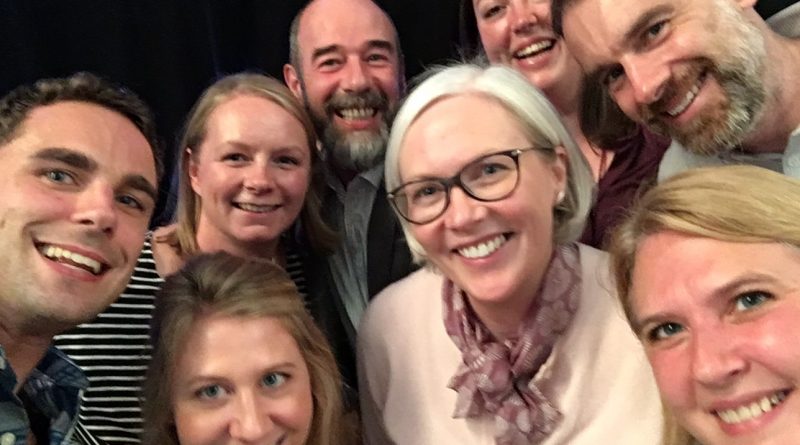PMP Conference Glasgow 2017 – A Great Success!
PMP Conference Glasgow 2017
Glasgow has a long and proud history at the vanguard of chronic pain management. One of the UK’s first pain management programmes was established here in the 1980’s by Professor Sir Michael Bond, based in a psychiatric inpatient ward at Gartnavel Royal Hospital. The modern-day outpatient Glasgow PMP opened in 2008 and is still going strong almost 10 years later. After years of planning, 2015 saw the first patients through the doors of the newly established Scottish National Residential PMP. The SNRPMP is based at Gartnavel campus, just a stone’s throw away from the now-disused wards that hosted the original Glasgow PMP at Gartnavel Royal Hospital.
This year saw the 50th anniversary of what we now know as the British Pain Society (BPS). When the Society was first registered as a charity on 29 November 1979 (as the Intractable Pain Society of Great Britain and Ireland), membership was limited primarily to anaesthetists working in pain clinics, with a predominately biomedical focus. Over time, the membership of the Society became increasingly multidisciplinary, reflecting a growing emphasis on a biopsychosocial approach to the management of chronic pain. Now the BPS has an active and growing Special Interest Group (SIG) for clinicians from all professions who work on PMPs. The PMP SIG hosts a UK-wide conference every two years, and this year staff from the SNRPMP were proud to host the conference in Glasgow.
The 16th biennial National Conference of the PMP SIG was held in Glasgow on Thursday 14th and Friday 15th September, at Caledonian University. Clinicians from both the Glasgow and the SNRPMP were involved in organising the conference, under the theme of ‘Fear’. Plenary speakers included Johan Vlaeyen, Cormac Ryan and Amanda Williams, and we hosted workshops including ‘fear of patient involvement’, ACT in teams, compassion-focused therapy, and mindfulness. The conference was a great success – so much so that we had to relocate to larger rooms at the last minute, as delegate numbers far exceeded our original projections. We were also taken aback by the number of submissions we received for the scientific poster display – over 50 posters were accepted. Again, we had to make last-minute changes to accommodate these unexpectedly high numbers. But these are the type of problems you want to be dealing with when organising a conference.
Feedback from delegates has been overwhelmingly positive, with most praising the quality of the programme, the organisation, and the social evening (we could hardly go wrong with Scottish gin and ale tasting at the Piping Centre, and a free bar to boot). For those who attended, we are hoping to make slides of all the posters and presentations available through the British Pain Society website over the next few weeks.
Pictured – the local organising committee for the conference – Fraser Bell, Jennifer Taggart, Gillian, Ward, Martin Dunbar, Anne Hay, Rachel Atherton, Lars Williams and Lyn Watson.
